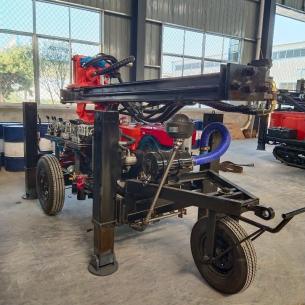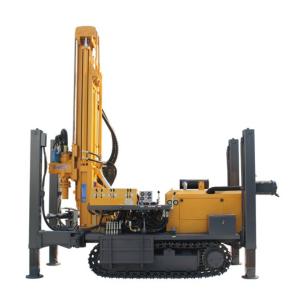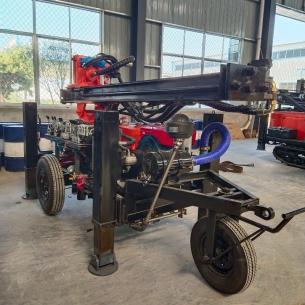What To Know Before Drilling A Borehole: Your Essential Pre-Drilling Checklist
Dreaming of tapping into your own independent water supply? Drilling a borehole is an excellent investment for homeowners, farmers, and businesses, offering self-sufficiency and long-term savings. However, a successful project hinges on thorough preparation.
The key to success lies in what you do before the drill rig even arrives. This guide walks you through the 7 critical things you must know and do before drilling a borehole.
1. Understand Your Hydrogeology
You can’t drill successfully without understanding what’s beneath your feet. The most crucial pre-drilling question is: Is there viable groundwater on your property, and at what depth?
2. Know the Legal and Regulatory Requirements
Water is a shared national resource. You cannot simply drill anywhere without approval.
3. Plan Your Budget Realistically
The cost of a borehole isn’t just the drilling itself. A realistic budget prevents unexpected financial strain.
Drilling Costs: Typically charged per meter. Depth can vary dramatically, so get quotes based on estimated depths from your survey.
Casing and Cementing: Essential for preventing the hole from collapsing and protecting the aquifer from surface contamination.
Pump System: Submersible pumps, pumps, control boxes, and electrical connections are a significant part of the cost.
4. Choose the Perfect Drilling Site
The location isn’t just about where you want the water. Consider:
Accessibility: The drill rig is large and heavy. Ensure there is clear, firm access to the site.
Overhead and Underground Hazards: Stay clear of overhead power lines. Also, identify the location of any underground utilities like sewer lines, electrical cables, or gas pipes.
5. Commit to Comprehensive Water Testing
Never assume the water is safe to drink straight from the ground. As noted in the Borehole Water Journal, groundwater can be contaminated by natural minerals or human activity.
Test After Drilling: Once the borehole is drilled and cleaned up, take a water sample for full chemical and microbiological analysis at an accredited laboratory.
6. Plan for Long-Term Maintenance
A borehole is a long-term asset that requires care.
Regular Checks: Schedule annual inspections of the pump and mechanical components.
Keep Records: Maintain a log of the borehole’s depth, yield, water levels, and any maintenance performed. This is invaluable for troubleshooting future issues.



